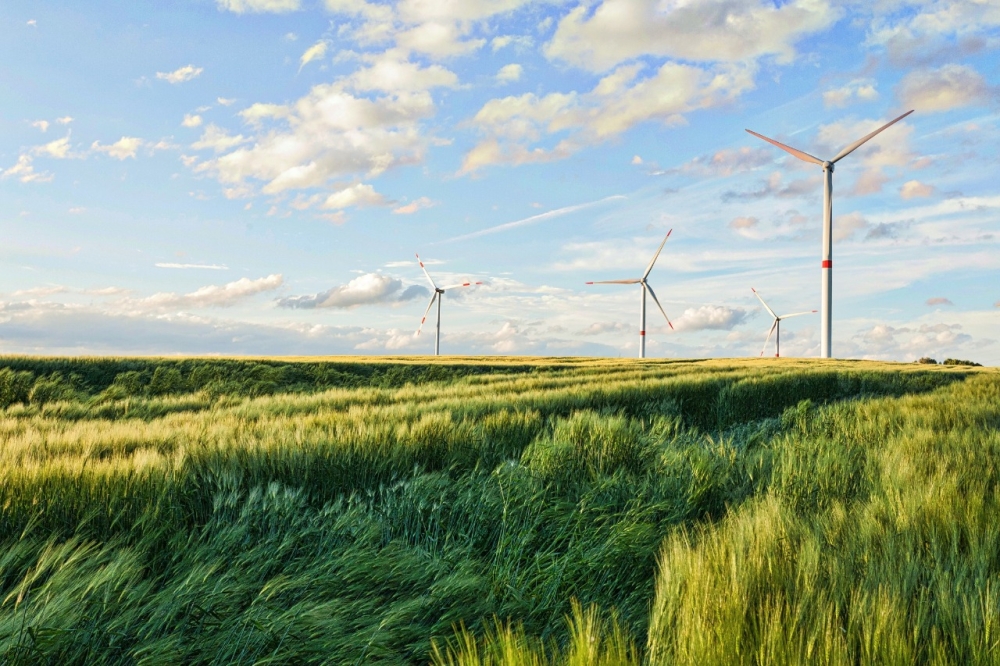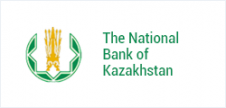Kazakhstan will Provide the European Union with Green Hydrogen

SVEVIND has begun work on a project to build a power plant in the Mangistau region with a capacity of up to 20 GW at its own expense. The cost of the project is $50 billion.
It is assumed that the implementation of the project will allow exporting electricity to the EU countries. It is planned that the start of production will take place in 2030, the power plant will reach its full capacity by 2032. The capacity is 2 million tonnes of green hydrogen per year, equivalent to about one-fifth of the EU's stated goal of importing green hydrogen by 2030. The project involves the construction and operation of a desalination plant with a capacity of 255,000 cubic meters per day, a 40 GW renewable energy station (wind, solar) and a 20 GW water electrolysis production, mainly for export or domestic consumption.
The implementation of the project will create about 3,500 jobs during the construction period and about 1,800 new permanent jobs during the phased commissioning of facilities. In addition, the implementation of the project involves cooperation between German and Kazakh universities to train personnel in the Mangistau region.
KAZAKH INVEST provides full support for the implementation of the project of the German-Swedish company SVEVIND, with the support of National Company an investment contract was concluded with the Investment Committee of the Ministry of Foreign Affairs of the Republic of Kazakhstan.
According to the Managing Director of KAZAKH INVEST Azamat Kozhanov, this is the first Agreement within the framework of supporting a special unit of the Task Force with the Government of Kazakhstan.
“Currently, our team, together with other foreign investors, is working on two more projects in the field of green hydrogen production. In addition, work is underway to agree on the conditions for three more projects under the Investment Agreement, but in other areas. The total list is 70 projects with investments of more than $13 billion,” Azamat Kozhanov stressed.
“The world community is attracted to Kazakhstan by stability, large spaces and convenient location. It should be understood that Green Hydrogen projects will not be sponsored by the state budget, this is the money of private investors from all over the world. For Kazakhstan, this is an opportunity to move away from the raw material market and become a manufacturing economy for finished products. It is also providing the peoples of Kazakhstan with new high-quality jobs in different regions of Kazakhstan. We give preference to those companies that will take on a large social burden, first of all, this is hiring and training the local population,” said Askhat Bekenov, Hydrogen Energy Project Manager at Investment Task Force KAZAKH INVEST.
Having signed and ratified the Paris Agreement more than five years ago, Kazakhstan announced its intention to minimize carbon dioxide emissions. For this, a strategy of carbon neutrality until 2060 was adopted. The development of "green" hydrogen projects - the most environmentally friendly and most "clean" energy source - can greatly accelerate this process.

























